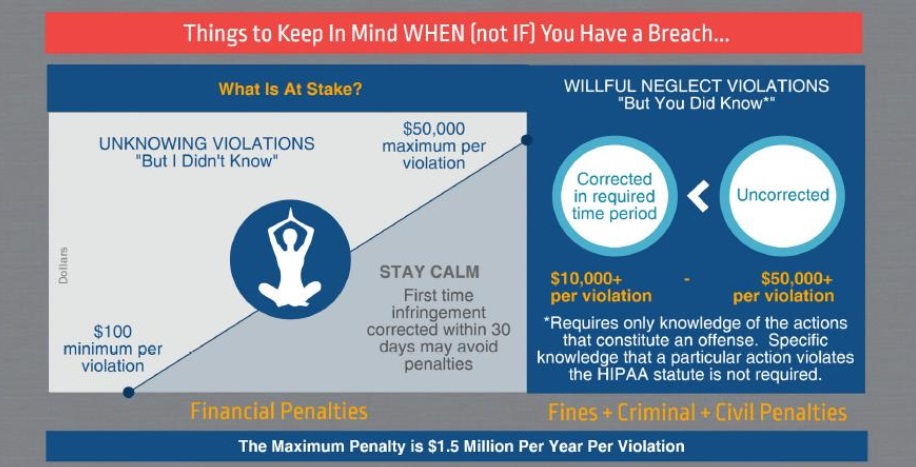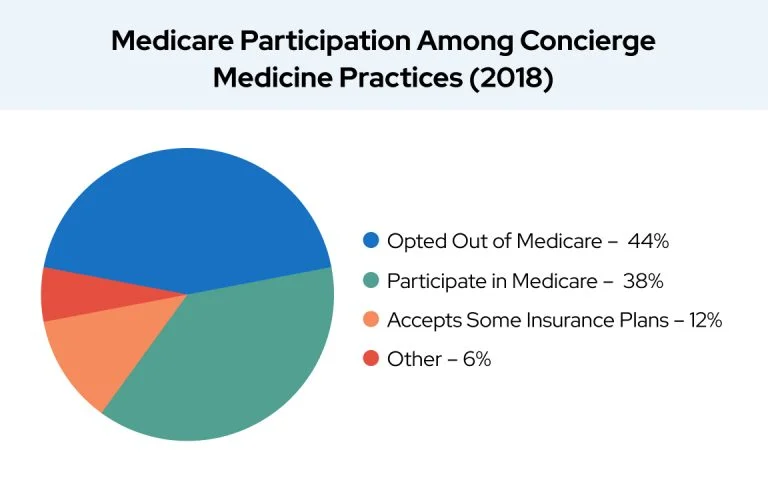With its personalized approach to healthcare, concierge medicine is gaining more popularity in recent years. Additionally, the number of concierge practices is increasing by 25% each year.
However, this model isn’t without its controversies and debates, particularly concerning its legality and ethical implications. Myths and misunderstandings about concierge medicine legal issues abound, leading to confusion among both patients and providers.
But don’t worry as we’re here to clear the air around this complex topic.
In this blog, we’ll reveal the most common myths around concierge medicine, the legal issues you should be aware of, and the answers to some commonly asked questions.
Myths About Legal Issues with Concierge Medicine
The topic of concierge medicine legal and ethical issues is often surrounded by a lot of skepticism and misconceptions. Let’s debunk the most common myths about the problems with concierge medicine and clear up the confusion.
Concierge Medicine is Unethical
Myth: Concierge medicine is unethical because it creates unequal access to healthcare.
Fact: Concierge medicine can maintain high ethical standards by implementing transparent practices and equitable patient treatment.
Additionally, concierge doctors spend more time with each patient, with the average appointment time being at least 30 minutes. In contrast, traditional medicine practices are often overwhelmed by an increased patient flow and can spend only 10 to 15 minutes with each patient.
Concierge Medicine is not Legal
Myth: Concierge medicine operates in a legal gray area and is not fully legal.
Fact: Concierge medicine is governed by stringent state and federal regulations. Practices must comply with laws related to patient contracts, billing practices, and medical record maintenance.
By following strict protocols and maintaining transparency in patient contracts and billing, concierge practices operate well within legal boundaries, providing legitimate and ethical healthcare services.
Concierge Medicine is Only for the Wealthy
Myth: Concierge medicine is a luxury that only the wealthy can afford.
Fact: While some concierge services can be expensive, there are various models and membership options designed to cater to different income levels. For example, many practices offer customizable plans that fit a range of budgets, making high-quality healthcare more accessible and concierge medicine costs more manageable.
Moreover, the preventive nature of concierge medicine often leads to long-term cost savings by reducing the need for emergency and specialist care. This makes concierge medicine a cost-effective choice for individuals from various economic backgrounds, debunking the myth that it is only for the affluent.

Main Concierge Medicine Legal Issues
Navigating the legal landscape of concierge medicine can be daunting, given the complex regulations and the need for transparent practices.
Here, we address some of the primary legal concerns and how to manage them effectively.
Compliance with State and Federal Regulations
Compliance with state and federal regulations is crucial for any concierge practice. Your practice must adhere to state laws, including telemedicine regulations, consumer protection, and insurance laws.
Federally, HIPAA compliance and Medicare billing rules (for those opting into Medicare) are crucial. Practices like WorldClinic ensure they follow all necessary legal frameworks, maintaining high standards of patient privacy and data security.
To keep your staff up with evolving laws and regulations, you can also conduct regular legal consultations and staff training. This can give you peace of mind that your practice operates within legal bounds at all times.
Transparent Patient Contracts
Transparency in patient contracts is fundamental for legal and ethical concierge practices. These contracts, known as patient enrollment or membership agreements, should clearly outline the terms, including:
- Enrollment periods
- Pricing
- Payment terms
- Renewal guidelines
- Termination policies
They must specify which services are included in the membership fee and which are billed separately. Ensure you offer clear, comprehensive contracts to your patients and detail all aspects of the service.
Concierge Medicine Insurance and Billing
Concierge medicine and insurance are compatible in hybrid models, where some services are covered by insurance, and others are billed directly to patients. It’s vital to clarify to your patients which services are insurance-covered and which are not.
For instance, if you opt for Medicare, you must bill Medicare for covered services but can charge patients directly for non-covered services. To clarify these complexities, you can provide clear billing practices and maintain transparent communication with patients about their financial responsibilities, ensuring there are no surprises when it comes to payment.

How We Operate a Legal Concierge Medicine Practice
Ensuring that our practice operates within the bounds of the law is a fundamental priority at WorldClinic. By maintaining rigorous standards of compliance, transparency, and patient privacy, we build trust and provide exemplary care.
Our dedication to legal adherence and ethical practice not only safeguards our patients but also reinforces our commitment to excellence in healthcare. Here’s how we achieve this:
Compliance with All Laws and Regulations
At WorldClinic, we prioritize strict adherence to all relevant laws and regulations. This includes compliance with HIPAA to protect patient privacy and conducting regular audits to ensure we stay updated with any legal changes.
Our ongoing training programs for staff ensure that everyone is well-versed in the latest healthcare regulations and standards. This commitment to compliance helps us maintain a high level of trust and reliability in the eyes of our patients and regulatory bodies.
Transparency is Key
Transparency is the cornerstone of our operations at WorldClinic. We believe that clear, honest communication with our patients fosters trust and confidence.
Our patient contracts are straightforward, detailing all terms of service, pricing structures, and what patients can expect from our care.
This transparency extends to our billing practices, ensuring that patients are never surprised by hidden fees or unexpected charges. By being upfront and honest, we build long-lasting, trust-based relationships with our patients.
Patient Privacy Matters
To protect patient privacy, we utilize secure, summarized Electronic Medical Records (EMRs) to manage patient health information efficiently and securely.
A secure Electronic Medical Record not only ensures that patient data is protected but also facilitates smooth and effective medical consultations. Our robust data security measures are designed to protect sensitive health information from unauthorized access, thereby maintaining the confidentiality and trust of our patients. This helps us provide a safe and secure healthcare environment.
Conclusion
By maintaining strict adherence to all laws and regulations, ensuring transparency, and prioritizing patient privacy, concierge medical providers set the standard for ethical concierge practices.
WorldClinic’s commitment to compliance and ethical standards ensures you receive top-notch, legally sound care.
Explore WorldClinic’s concierge medical services to learn more about our compliant and transparent approach, or take our quiz to find out which of our solutions fits your needs best.
FAQs: Concierge Medicine Legal Issues
Understanding the legal landscape of concierge medicine can be complex. Here are answers to some common questions to help clarify these issues.
1. Why is Concierge Medicine Badly Reputed?
Concierge medicine often faces criticism due to misconceptions about exclusivity and accessibility. Critics argue that it creates a two-tiered healthcare system, favoring those who can afford higher fees.
However, many practices offer various pricing models to make services more accessible, countering the myth that concierge medicine is only for the wealthy.
2. Does HIPPA Compliance Only Concern Telemedicine Concierge Medicine?
No, HIPAA compliance applies to all forms of concierge medicine, not just telemedicine. Whether services are delivered in person or via telemedicine, all patient information must be protected according to HIPAA regulations.
3. Are Concierge Medicine Legal Regulations Different from State to State in the US?
Yes, legal regulations for concierge medicine can vary by state. Each state has its own set of laws governing medical practices, including telemedicine rules, consumer protection laws, and insurance regulations.
It is crucial for concierge practices to understand and comply with both federal and state-specific regulations to operate legally.
4. How to Pick the Right Provider to Assist with Concierge Medicine Legal Issues as a Physician?
Choosing the right provider for legal assistance involves evaluating their expertise in healthcare law, experience with concierge medicine, and understanding of state-specific regulations.
Look for providers who offer comprehensive legal services, including contract development, regulatory compliance, and ongoing legal support to ensure your practice adheres to all necessary laws and regulations.


